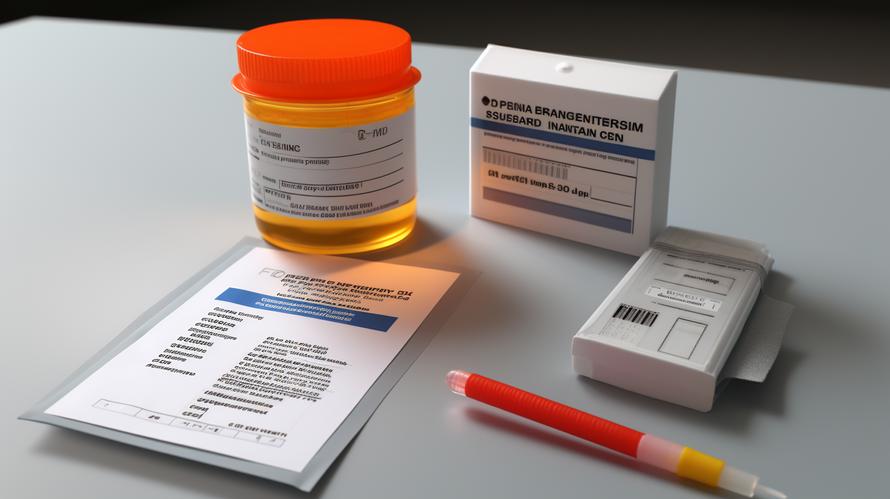It’s no secret that the prostate-specific antigen (PSA) test commonly used to screen men for prostate cancer is a topic of heated debate among experts. With concerns about the test’s accuracy and potential harm from false-positive results, it’s not surprising that many are skeptical of its value in predicting men’s cancer risk. So, you might be scratching your head to discover that researchers are now suggesting this same questionable test be done on women.
Yes, that’s correct: scientists in China are proposing that the PSA test could potentially signal breast cancer risk in women. While it may seem baffling to resort to such a contentious test for another type of cancer, let’s dive into the details to understand what makes these researchers believe in this possibility.
PSA and Men’s Health
Normally, PSA is a protein produced predominantly by cells in a man’s prostate gland. This protein is integral in the healthy functioning of the prostate, as it helps keep the gland’s fluid from thickening. However, elevated levels of PSA have been linked to prostate cancer, prompting doctors to use it as a screening test for the disease.
The problem is that PSA levels don’t necessarily paint a clear-cut picture of a man’s risk of prostate cancer. That’s because higher PSA levels can also occur as a result of conditions unrelated to cancer, such as inflammation, infection, or benign prostate enlargement. Consequently, many men have undergone unnecessary procedures and treatments due to the test’s false-positive results, causing substantial physical, emotional, and financial strain.
Considering this less-than-ideal track record, why on earth would scientists think that using PSA testing for women’s health would be a prudent move?
PSA, Women, and Breast Cancer
It turns out that although PSA is known for its presence in a man’s prostate, this protein can also be found in women’s breast tissue. The Chinese scientists who conducted the study discovered that women with breast cancer tend to have higher PSA levels compared to healthy women. Thus, they posit that measuring PSA levels in women might serve as a useful indicator of breast cancer risk.
Their research indeed found that the test’s specificity (meaning how well it avoided false-positive results) for detecting breast cancer in women was on par with its specificity for identifying prostate cancer in men. However, before you rush to your doctor to request a PSA test, take a step back and remember that the test’s reliability for detecting prostate cancer has been heavily criticized. Furthermore, additional information about how the PSA test may complement or perform against existing methods for screening breast cancer, such as mammograms, is unclear.
If Not PSA, Then What?
It’s essential to explore new avenues for early detection and prevention of breast cancer, as it remains a significant cause of death among women worldwide. However, given the uncertainties surrounding the PSA test, it’s crucial to exercise caution in adopting such a potentially problematic test for detecting breast cancer.
One promising alternative in the works is liquid biopsy, a non-invasive blood test that screens for tiny fragments of tumor DNA in the bloodstream. Liquid biopsies are already used in some cancer patients to monitor the effectiveness of certain treatments, and preliminary research suggests they may also be useful for early cancer detection. With further studies and evaluations, these tests might have a better chance of succeeding where the PSA test has faltered.
In Conclusion
Ultimately, the idea of using the PSA test to detect breast cancer in women is an intriguing one. Yet, the test’s many known flaws and limitations give us pause in fully endorsing this approach. While researchers continue to seek novel and effective methods for cancer detection and prevention, don’t forget to follow current guidelines for breast cancer screening, such as mammograms and clinical breast exams. Being proactive in managing your health, as well as understanding the risks and benefits of available screening tests, will always be your best defense against breast cancer.



